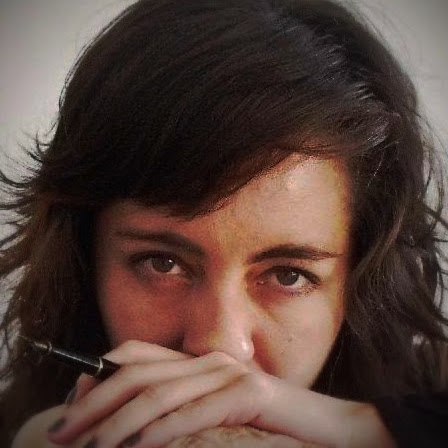We’re in the second half of the year and summer—or winter, depending on where you are located—is full of literary activities. From the announcement of the Man Booker Prize longlist and the release of a new book by a beloved Spanish poet to Argentinian bookselling events, Asymptote editors are telling it all!
Executive Assistant Cassie Lawrence reporting from the UK:
Two days ago, the Man Booker Prize longlist was released, comprising a list of literary heavyweights and two debut novelists. The most hyped title, perhaps—and the most expected one—is The Ministry of Utmost Happiness, Arundhati Roy’s first work of fiction in two decades. Chosen from 144 submissions, the longlist has 13 titles, often referred to as the “Man Booker Dozen.” Other authors on the longlist include Zadie Smith, Mohsin Hamid, Ali Smith and Colson Whitehead.
On Monday, July 17, the London Book Fair (LBF) recorded a webcast on “Creativity, Crafts and Careers in Literary Translation.” Three panelists—translator Frank Wynne, agent Rebecca Carter and consultant and editor Bill Swainson—joined acclaimed journalist, Rosie Goldsmith to speak on the opportunities and challenges in getting world literature translated. The webcast followed from a successful programme at LBF’s Literary Translation Centre last spring, and was funded by Arts Council England.
In other news, two-times Booker-winning publisher One World have paid a six-figure sum for a YA trilogy from US actor Jason Segel, reports The Bookseller. The first title, Otherworld, is due to be released on October 31 this year, and will center on a virtual reality game with dark consequences. Segal, known for his roles in films such as Forgetting Sarah Marshall and I Love You, Man has written the trilogy with his writing partner, Kirsten Miller. READ MORE…



